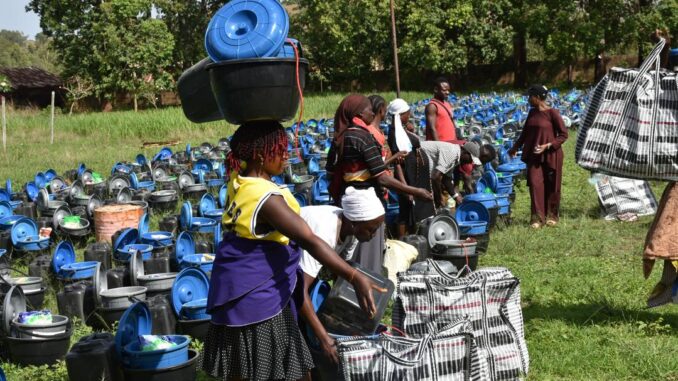
Plan International Nigeria Provides Lifesaving Aid to Conflict-Affected Communities
In the heart of Plateau State, where violence and displacement have uprooted lives and disrupted communities, Plan International Nigeria, in collaboration with Christian Aid, CAFOD, and JDPC, is leading a 45-day emergency humanitarian intervention. Funded by the Start Network, the project focuses on providing critical support in Water, Sanitation and Hygiene (WASH), protection, and psychosocial services, especially targeting women, girls, and other vulnerable groups in Bassa and Bokkos LGAs.
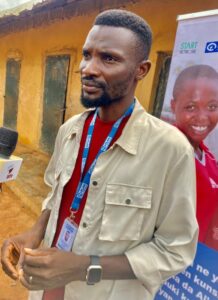
According to Mr. Yunusa John Obetulle, Monitoring and Evaluation Coordinator for Plan International Nigeria, the response is grounded in addressing the specific needs of women and girls impacted by conflict. “Our intervention targets communities in Bokkos and Bassa LGAs with urgent WASH and protection assistance,” he explained. “Most of what we distribute focuses on women and girls, including dignity kits and WASH kits containing buckets, kettles, bathing soap, detergent, and laundry soap to help families stay clean in their temporary settlements.”
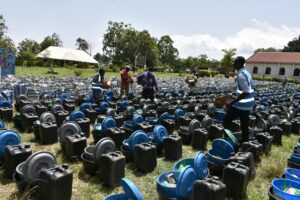
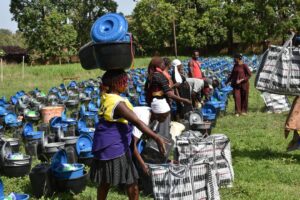
The figures speak volumes about the scale and reach of the intervention. Plan International Nigeria reported that 1,850 households benefited from WASH items, ensuring families have the tools needed for basic hygiene and health. Additionally, 1,100 women and adolescent girls received dignity kits, providing them with essential items like sanitary pads and wrappers to maintain personal dignity and privacy during displacement. As part of the psychosocial support component, 500 individuals 270 women and 230 men are set to receive psychosocial first aid and trauma counseling to help them cope with the emotional and mental distress brought on by the attacks and loss.
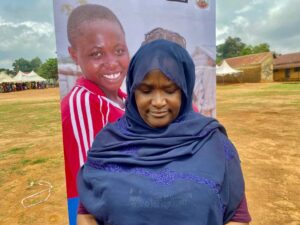
Mrs. Damaris Philemon, Gender Equality and Protection Officer at Plan International Nigeria, plays a critical role in this aspect. She highlighted that beyond distributing physical items, the intervention also addresses the invisible wounds of trauma. “Many survivors have witnessed the loss of loved ones and destruction of property. Trauma counseling is vital to help them begin healing and to support their emotional recovery,” she emphasized.
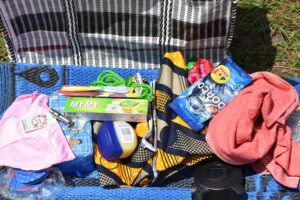
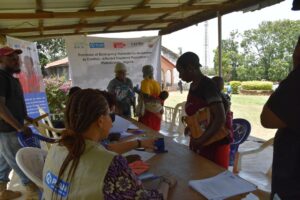
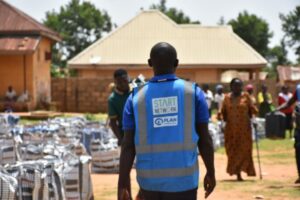
Distribution efforts have been highly organized, involving thorough sensitization, verification, and token issuance to ensure fair and orderly delivery. Mr. Obetulle acknowledged the cooperation of community leaders, particularly in hard-to-reach areas like Ziki, where logistical challenges are compounded by poor access and unpredictable weather.
The impact on the ground is already evident through the voices of programme participants.
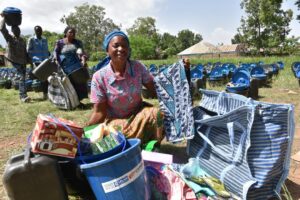
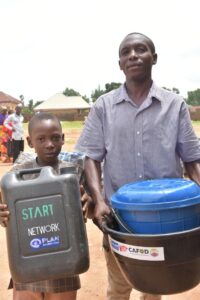
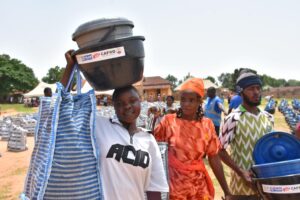
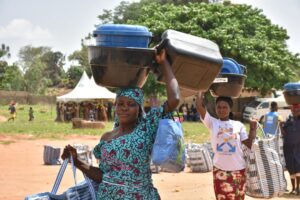
Christiana Friday from Gabia community described the items she received such as a bucket, bag, soaps, and sanitary pads as lifesaving, especially after losing everything to the crisis. Ali Hwara from Kimapka noted that the relief items would aid him in reviving his farm and sustaining his family. Janet Monday from the same community praised the initiative for supplying items she had long lacked, including mats, wrappers, buckets, and detergents.
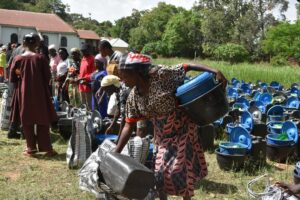
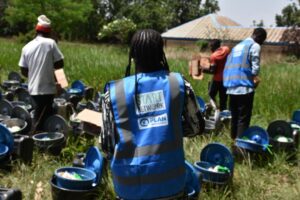
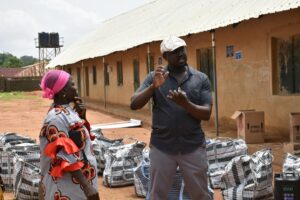
This comprehensive intervention showcases Plan International’s commitment to not only meeting the urgent needs of affected families but also restoring their dignity, promoting resilience, and supporting the journey toward healing and recovery.


Leave a Reply